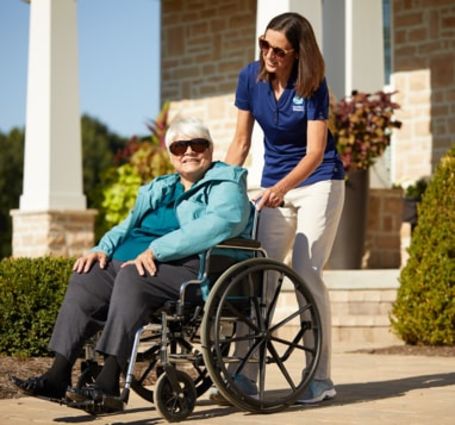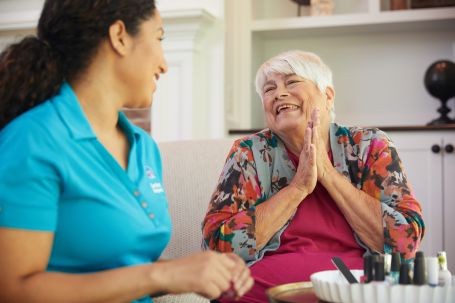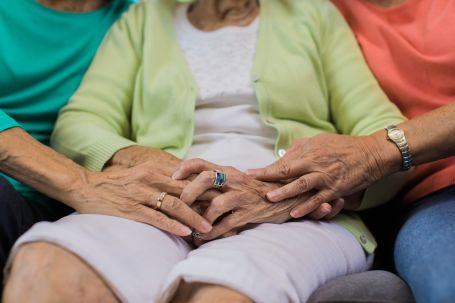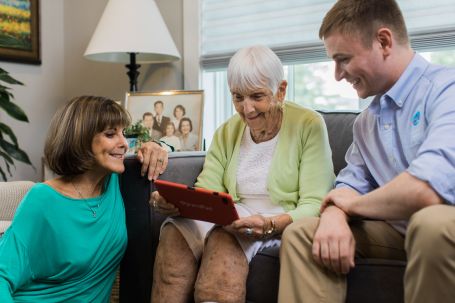Home Health Care Solutions in West Lawn and Reading, PA
Comfort Keepers provides home health care solutions to families in West Lawn, Reading, and Berks County, PA
At Comfort Keepers Home Care, we pride ourselves on not only providing senior home health care solutions but on being a resource to you and your family in all ways. Over the years we have come to know and trust many professionals in the Berks County and Reading, PA areas that help the aging community with their needs.
To discuss your needs more specifically, please give us a call at (610) 678-8000. We’re here to help and connect you to beneficial resources.
Alzheimer’s Association Alzheimer’s Information & Resources (800) 272-3900 |  |
Berks Co. Area Agency on Aging Primary Contact for Aging Issues (610) 478-6500 https://www.berkspa.gov/departments/aging |  |
Berks Co. Veteran Affairs Benefits for Veterans & their spouse/widow (610) 378-5601 https://www.berkspa.gov/departments/veterans-affairs |  |
Berks Encore Services & Programs for Older Adults, including Meals on Wheels (610) 374-3195 |  |
Vision Resource Center Services & Resources for those with vision issues (610) 375-8407 |  |
Keystone Deaf & Hard of Hearing Services Services & Resources for Deaf and Hard of hearing individuals (610) 685-4520 |  |
You can speak face-to-face with these professionals during scheduled Aging Parent Fairs. Click HERE for upcoming dates.


















